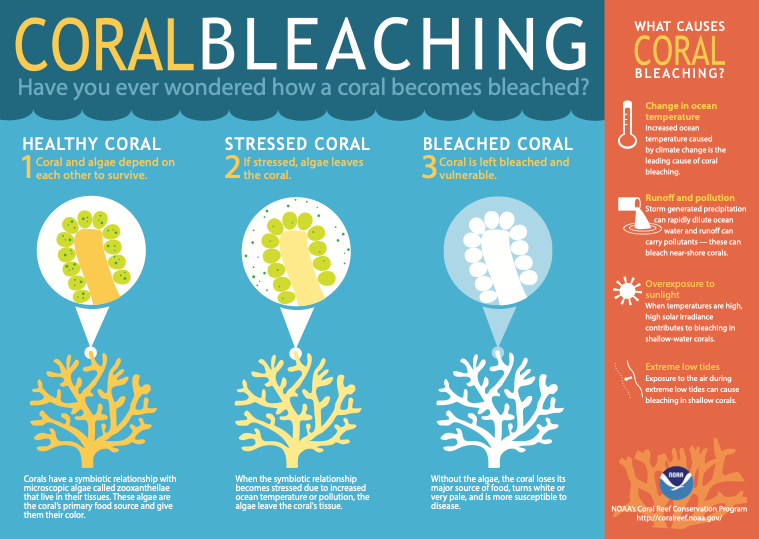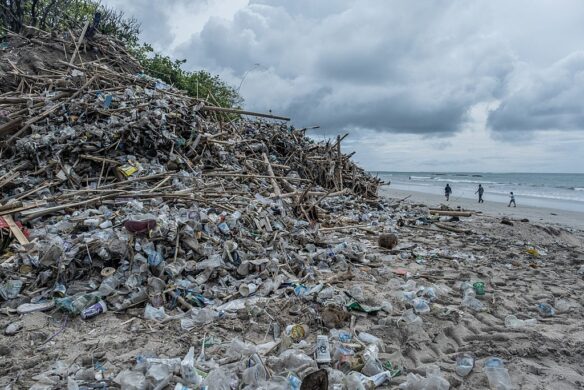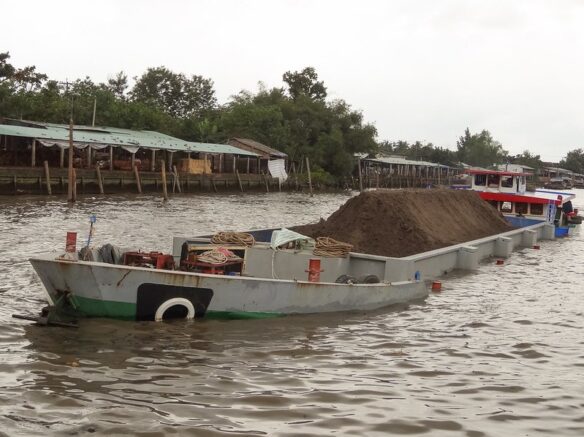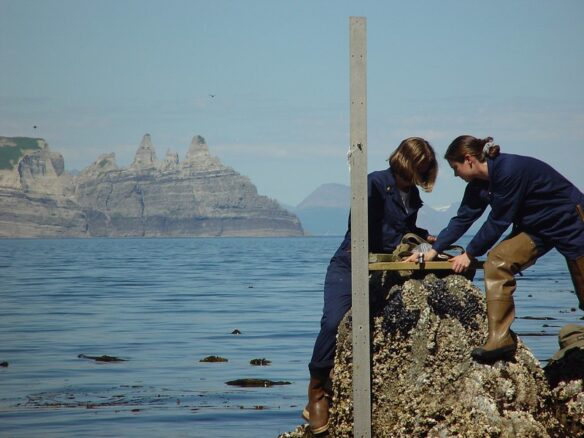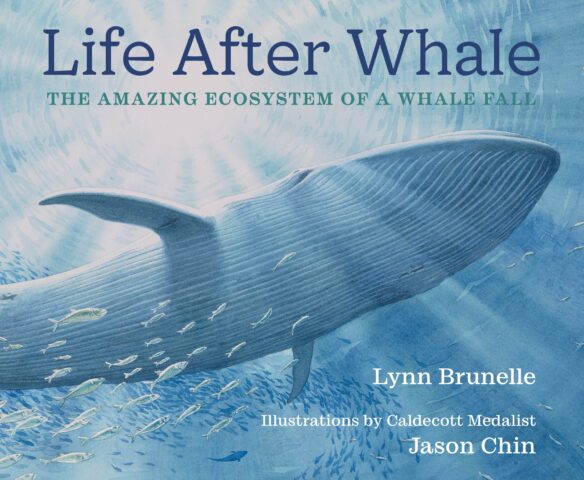Excerpt:
Exciting news! Scientists working on reefs in the Indian Ocean have discovered that nutrients from seabird poop help corals grow…
Coral reefs might look like they are some kind of stony plant, but they are actually made up of colonies of tiny animals called coral polyps. Corals are invertebrate animals related to sea anemones and sea jellies. Some corals live in the deep sea and others live in large reefs in warm, shallow waters.
Hard corals extract a chemical compound called calcium carbonate from ocean water to build a hard shell-like structure around themselves. (Calcium carbonate is also found in eggshells, chalk, and shellfish.) Thousands of corals live near each other, each building these calcium carbonate structures around themselves.
Over hundreds or thousands of years, new layers of coral live on the calcium carbonate forms of their ancestors and leave their own structures behind, building up a reef. When you see pictures or videos of coral reefs, the living part of the reef is the outer layer of coral.
Coral reefs are extremely important ecologically because they provide homes for more than 25% of Earth’s marine life.
Coral is most active at night. Once a year, when the moon and sea temperatures align, corals spawn en masse. The corals send millions of tiny reproductive cells out into the ocean to connect, develop into larvae, and settle down onto the ocean floor to start a new colony.
After establishing itself, a coral colony can thrive for thousands of years. Oceans are getting warmer though due to climate change. This warming can cause problems for coral survival.
Casey Benkwitt is a scientist at Lancaster University in England. She studies the lives of coral and the reefs that they build in the ocean. She explains why warming oceans are dangerous for coral: “When oceans get too hot, corals undergo what’s called bleaching, and if it stays too hot for too long, the corals can end up dying, which then affects the fish and everything else that lives on the reef and depends on the corals…”

